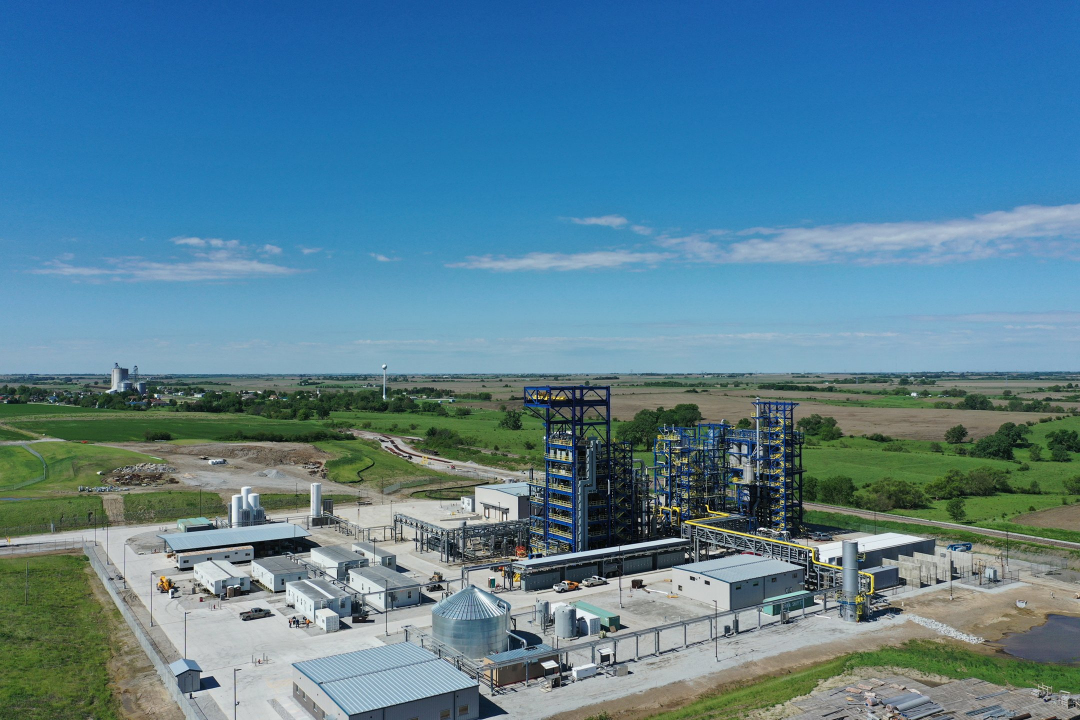
Where the Rubber Meets the Road
Tire manufacturer Firestone may have been the first of its ilk to snap up the catchy slogan, but Goodyear will become the industry’s first to offer a new tire tread that rewrites the chemistry to produce carbon black.
Reese Energy Consulting today is following the latest news from Neb.-based Monolith, which has turned the production of traditional carbon black—an essential ingredient in tires, rubber products, plastics, paints, and ink pigments—on its head. The company’s proprietary methane pyrolysis uses clean electricity to convert natural gas to carbon black and hydrogen without producing CO2. For Goodyear, that’s serious traction for its new ultra-high performance tire series.
Monolith last July raised $300 million in venture capital funding along with a conditional $1 billion loan from the DOE to expand its Olive Creek commercial-scale carbon black plant. Olive is the first of its kind in the world to use the technology and capable of producing up to 14,000 metric tons per year of the stuff with virtually no emissions. Carbon black is a staple in the manufacture of tires—has been since 1915—to extend wear capabilities and reduce heat buildup. It’s also produced from the incomplete combustion of heavy petroleum products like coal tar, ethylene cracking tar, and vegetable oils. The U.S. is the world’s second-largest producer of carbon black.
